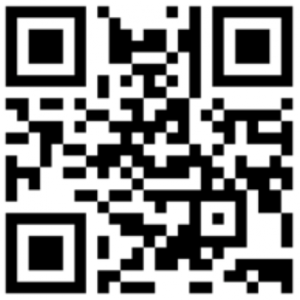Department:
Educational and Counseling Psychology and Special Education
NITEP – Indigenous Teacher Education Program
Project lead(s):
Dr. Johanna Sam
Project members:
Roxanne Burnett, NITEP Bella Coola Field Centre Student
Stella Stump, NITEP Cariboo Field Centre Student
Reflection:
What led you to your project/inspired your work? What values and principles guided the development of your project?
4Rs Curriculum Development were established to guide this work:
Relevancy: Indigenous ways of knowing and learning should be apparent through the scope of the course and content. This should be attended to in the course materials, resources and delivery of the content. Assessment should also reflect Indigenous ways of learning.
Responsibility: Course content should be multi-module and reflect student perspective and experience. Scaffolding resources need to be provided to Teacher Candidates to enhance their ability to navigate different modes of learning.
Respect: Various Indigenous perspectives should be attended to and local youth, educators and Knowledge Keepers voices should be included.
Reciprocity: Educational videos of interviews with Indigenous educators and Knowledge Keepers should be included that will enhance Teacher Candidate understanding.
What have you learned from the process? What reflections from the process would you like to share?
Learners are at the center of my teaching process. These courses focus on human development, assessment, and place-based learning. For culturally revitalizing teaching practices, courses included Talking Circles with pre-service teachers and Knowledge Keepers, including Elders, Storytellers, Indigenous Principals, Aboriginal Resource Teachers, Indigenous Language Teachers, and Scholars. As the Cariboo Field Centre Coordinator for UBC’s NITEP – Indigenous Teacher Education Program, we worked in partnership with School District #27 (Cariboo – Chilcotin), School District #28 (Quesnel), Tsilhqot’in National Government, Thompson Rivers University-Williams Lake, and University of Northern BC South Central Campus.
What impact/influence have you or do you see your project making?
Curriculum development was guided by the Indigenous Four Rs framework of respect, relevance, responsibility, and reciprocity. The curriculum development project respected local Indigenous knowledges to expand on Indigenous learning resources in multiple educational psychology course. The curriculum development project developed relevant course material, including video-recorded interviews with Indigenous educators and Elders, as an instructional tool to enhance teaching and learning. For responsibility, the curriculum development included place-based learning opportunities for pre-service Indigenous teachers. For reciprocity, curriculum development created Indigenous teaching and learning resources to be used by Indigenous pre-service teachers.
This work was presented at WestCAST by the curriculum development team (see interactive presentation link below).
Burnette, R., Stump, S., & Sam, J. (2020, February). Engaging Indigenous Knowledge Keepers in Education Psychology Curriculum Development for Community Field Centres. Presented at Western Canadian Association for Student Teaching (WestCAST), Faculty of Education, University of British Columbia, Vancouver, Canada.
https://www.menti.com/jgcn2xiz44
QR code to interactive presentation
